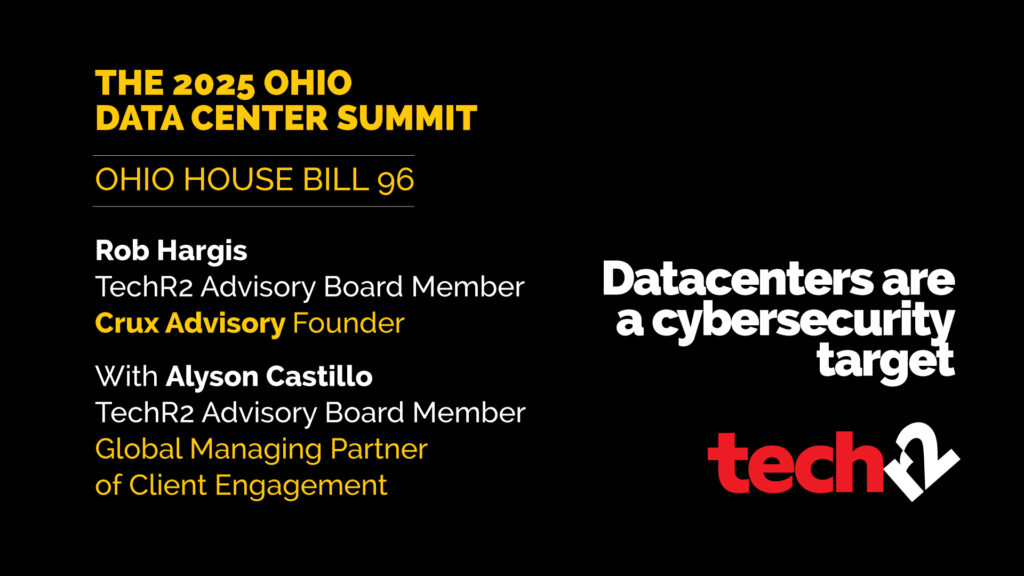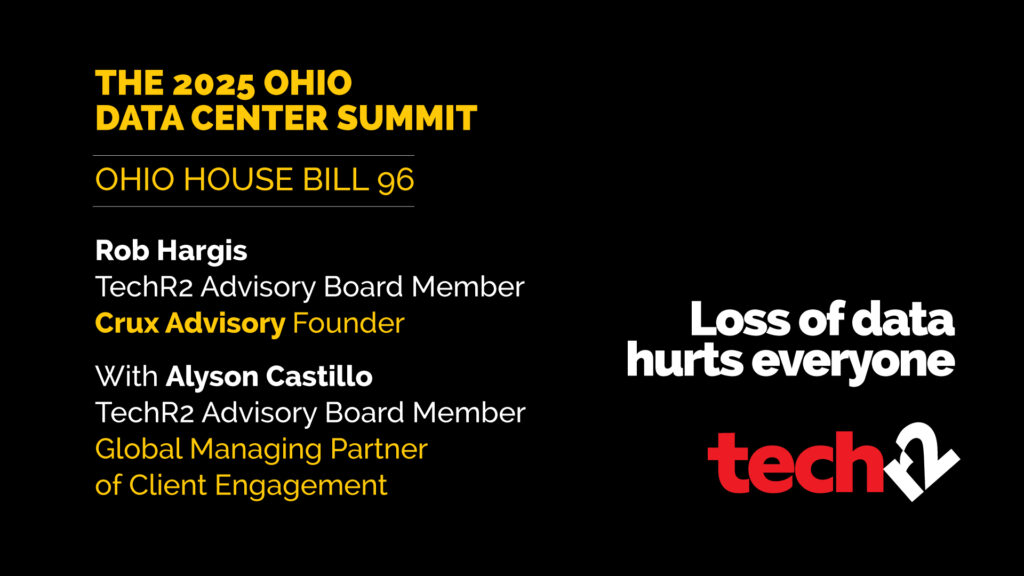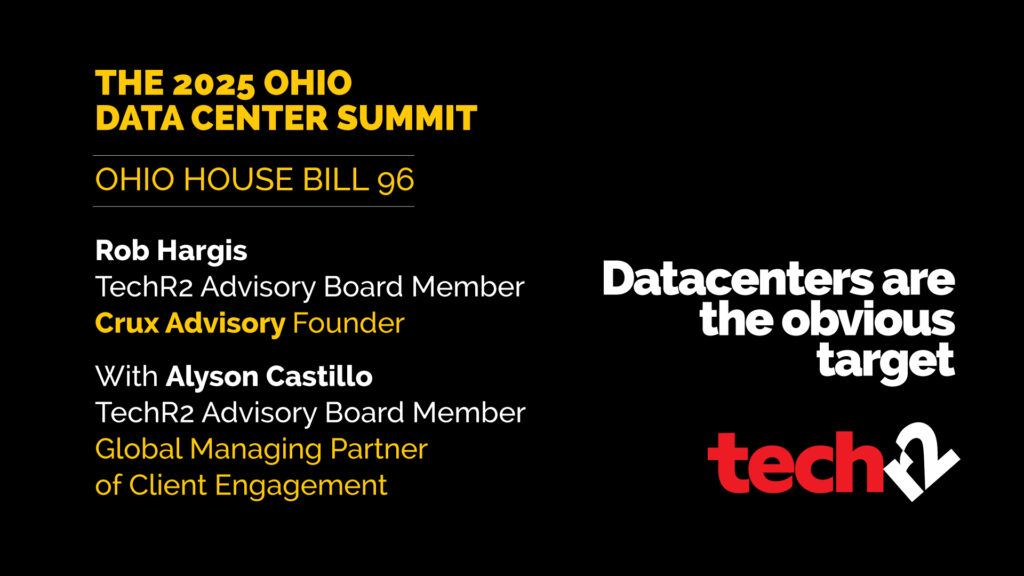Regular audits of your data destruction processes are critical to ensure compliance with industry standards such as NIST and ISO. Both internal and external audits provide an objective evaluation of your methods, helping to identify and mitigate risks associated with end-of-life data-bearing devices (DBDs).
Why Regular Audits Matter:
Auditing your data destruction process ensures that your organization remains compliant and secure. Here’s why regular audits are essential:
- Evolving Compliance Requirements: Many organizations are now required to meet stringent NIST or ISO requirements, which include showing detailed processes for data destruction, verification, and reconciliation. In previous years, outdated and high-risk procedures were often overlooked or accepted without scrutiny. Today, compliance audits ensure that these processes are up-to-date and meet current standards.
- Risks of Non-Compliant Vendors: Past internal and external auditors sometimes allowed organizations to use high-risk processes, enabling non-compliant and non-certified vendors to handle DBDs. Regular audits help identify these risks and ensure that only compliant vendors are engaged, protecting your organization’s data.
- RFP Requirements for Cybersecurity Standards: Many organizational RFPs still do not require vendors to meet cybersecurity standards such as ISO 27001 and NIST. By including these requirements in your RFPs and regularly auditing vendor compliance, you can ensure that your data destruction processes adhere to the highest security standards.
Key Takeaways:
- Conduct regular internal and external audits to ensure compliance with NIST and ISO standards.
- Identify and mitigate risks associated with non-compliant vendors through thorough audits.
- Update your RFPs to require vendors to meet cybersecurity standards such as ISO 27001 and NIST.
Auditing your data destruction processes is crucial for maintaining compliance and security. By regularly evaluating your methods and engaging compliant vendors, you can protect your organization’s sensitive information. Stay tuned for our next post, where we will explore the different methods of data sanitization and how to choose the right method for your needs.









